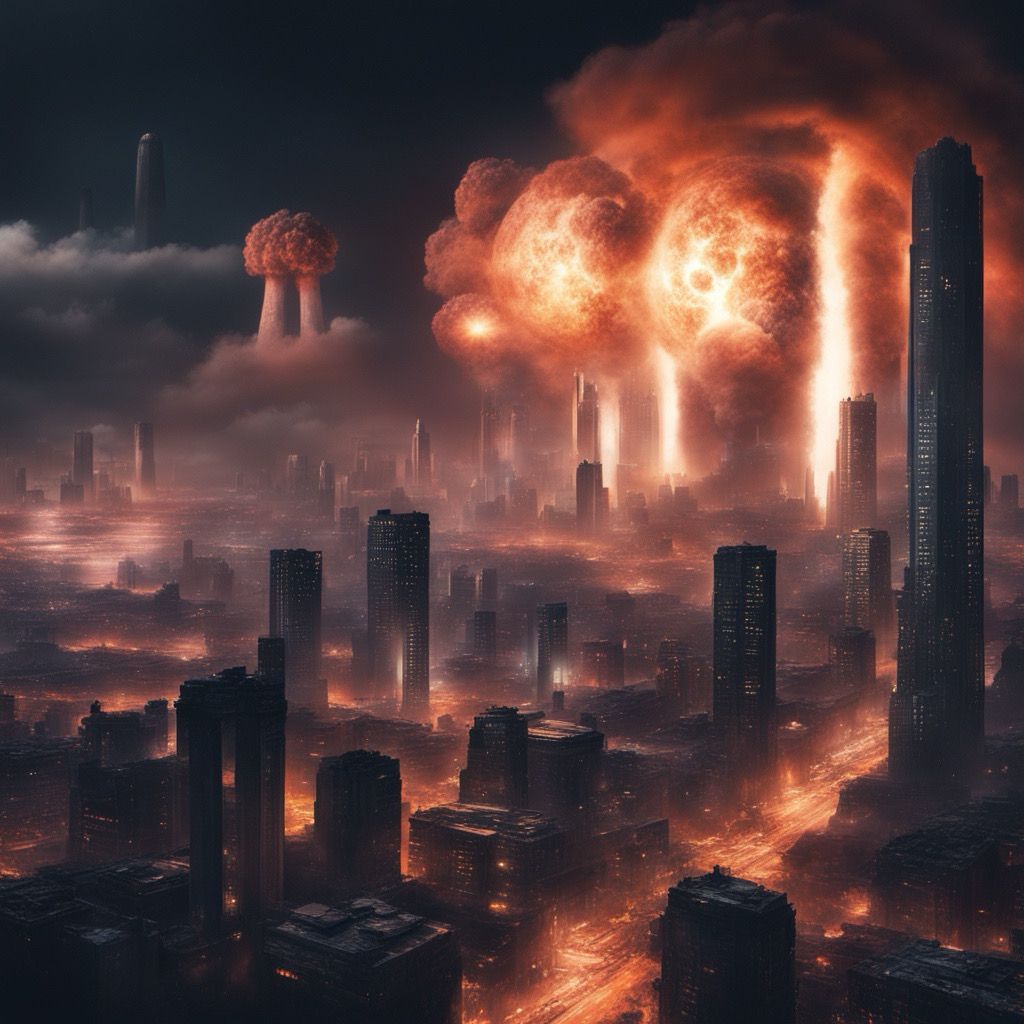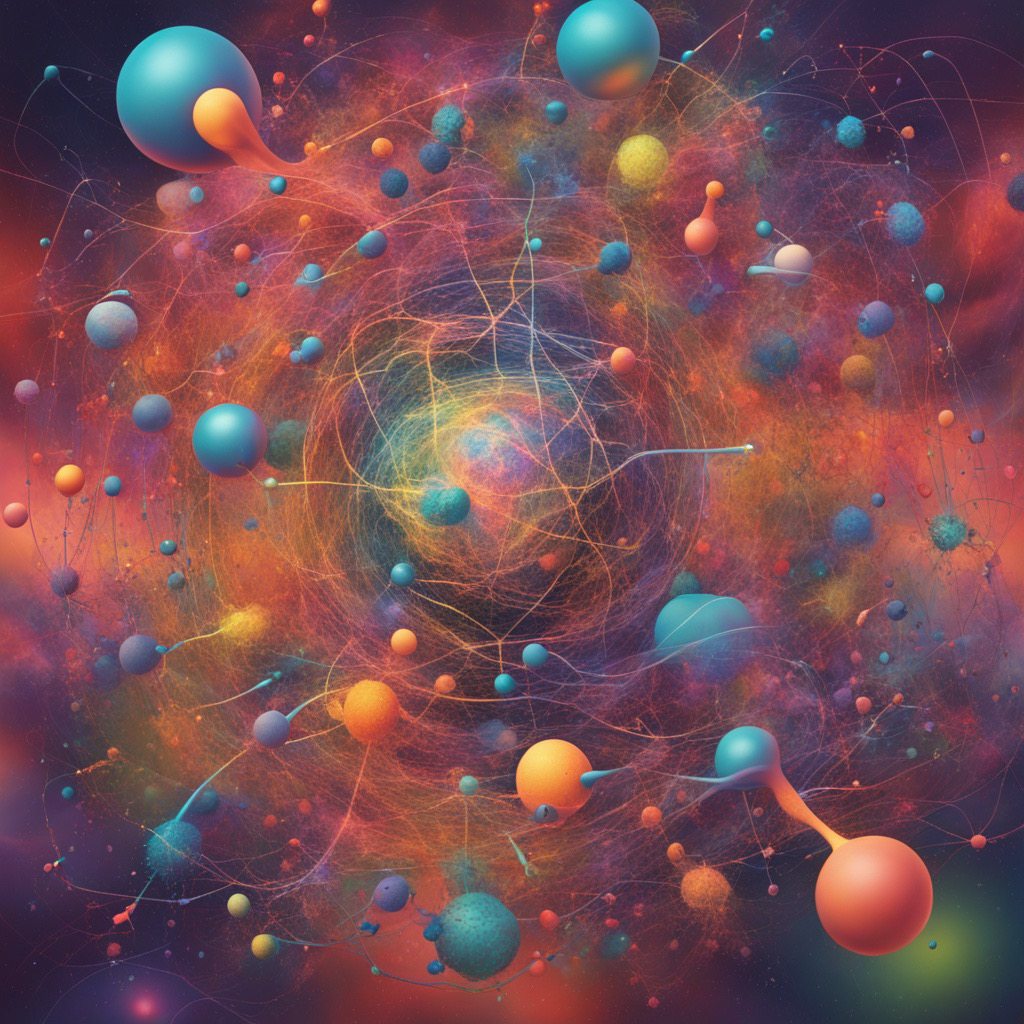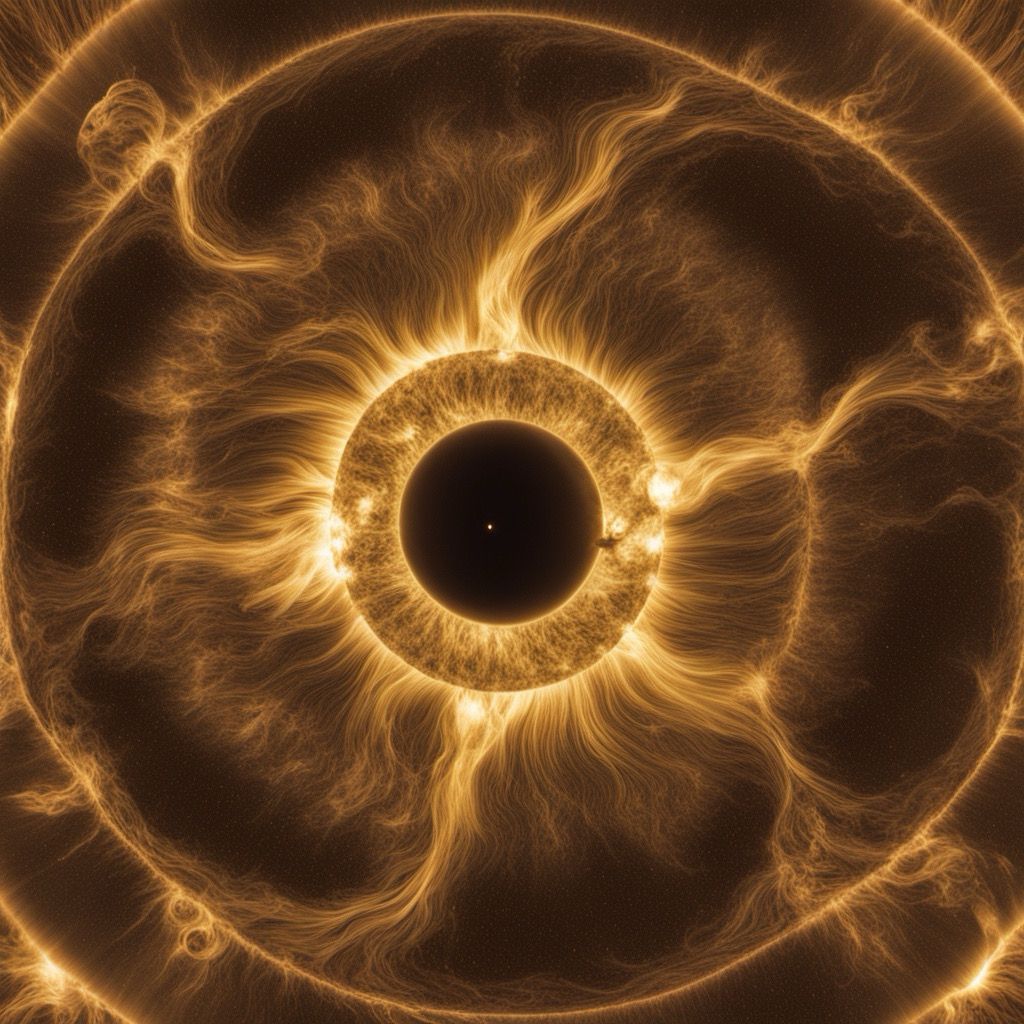Published: 6 months ago

Science
Summary
In the world of science and technology, few things hold as much power - and danger - as a nuclear bomb. But what exactly is a nuclear bomb? And what is the role of radioactive substances in all of this?
Article
A nuclear bomb is a powerful explosive device that derives its destructive force from nuclear reactions. These reactions release an immense amount of energy, creating a devastating explosion. The most common type of nuclear bomb is the fission bomb, which splits atoms to release energy. Fusion bombs, on the other hand, combine atoms to create energy, resulting in an even more powerful explosion.
But what makes nuclear bombs so deadly is not just their explosive power - it's the radiation they produce. Radioactive substances, like uranium or plutonium, are used in nuclear bombs to trigger the reactions that lead to the explosion. These substances are unstable and emit radiation, which can be harmful or even lethal to living organisms.
When a nuclear bomb detonates, it releases huge amounts of radioactive particles into the air, soil, and water. These particles can spread far and wide, contaminating the environment and causing long-term health risks for those exposed to them. The effects of radiation exposure can include cancer, genetic mutations, and even death.
One of the common behaviors of nuclear bombs and radioactive substances is their ability to cause widespread destruction and devastation. The explosive power of a nuclear bomb can level entire cities, while the radiation it releases can linger for years, causing harm to both people and the environment.
But despite their destructive potential, nuclear bombs and radioactive substances also serve as a reminder of the importance of science and technology in our modern world. By understanding the nature of these powerful forces, we can work towards harnessing their energy for peaceful purposes, such as generating electricity or conducting medical research.
In the end, the key to dealing with nuclear bombs and radioactive substances lies in education, awareness, and responsible stewardship. By learning about the dangers they pose and taking steps to prevent their misuse, we can ensure a safer and more secure future for all. So let us continue to explore the world of nuclear science with curiosity and respect, always mindful of the power it holds - for good or for ill.
No opinions exist on this article yet!
Be the first one to share an opinion on this article.
This article does not have any attachments.
No Access
Share access to start recording your opinion








